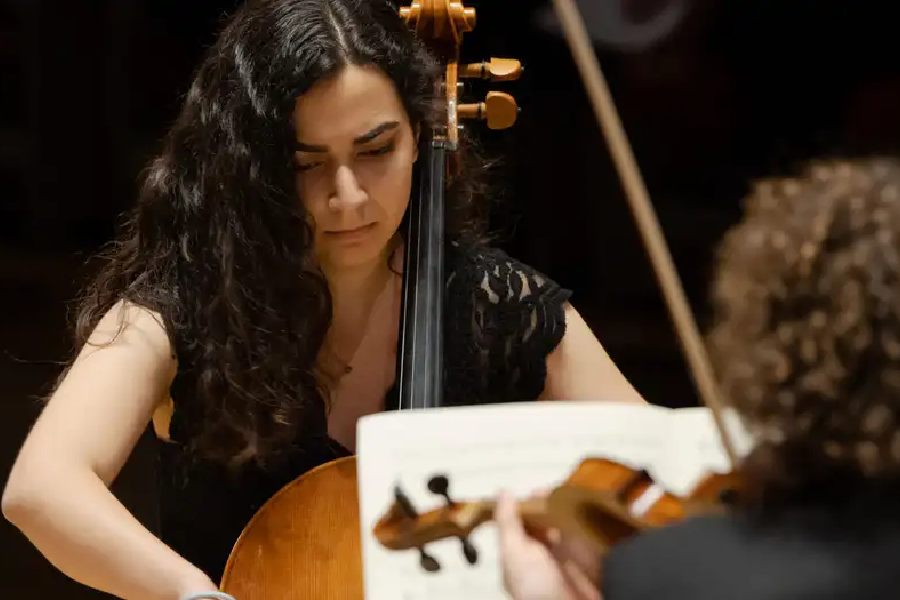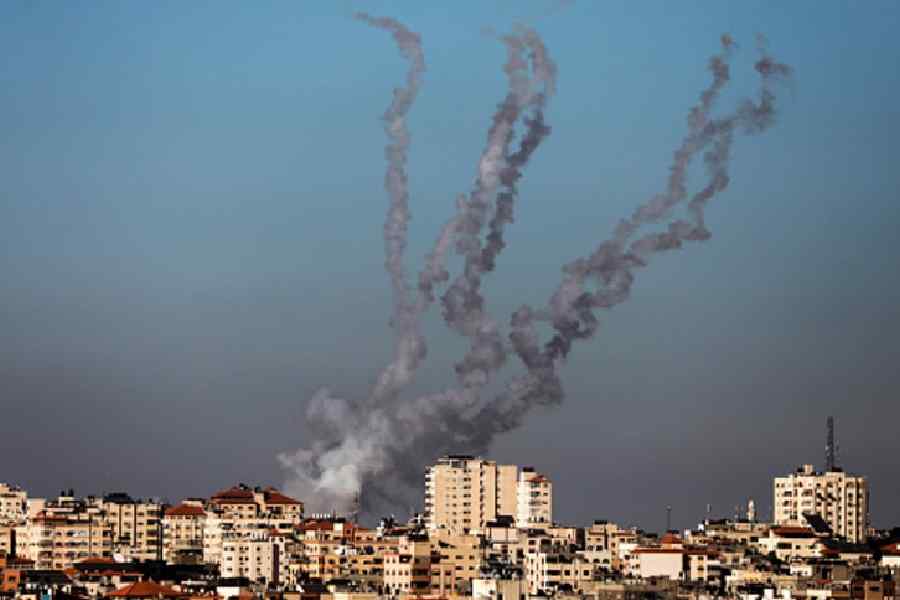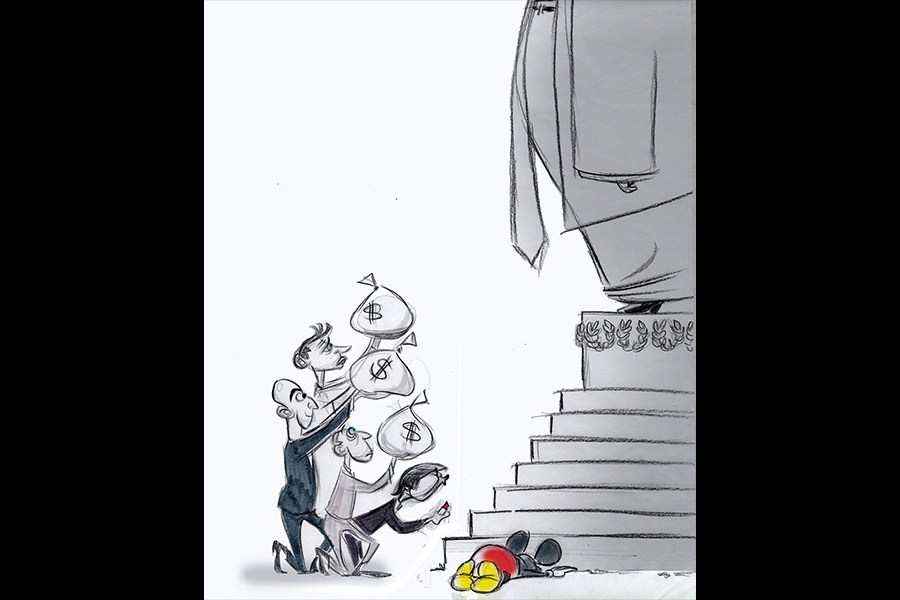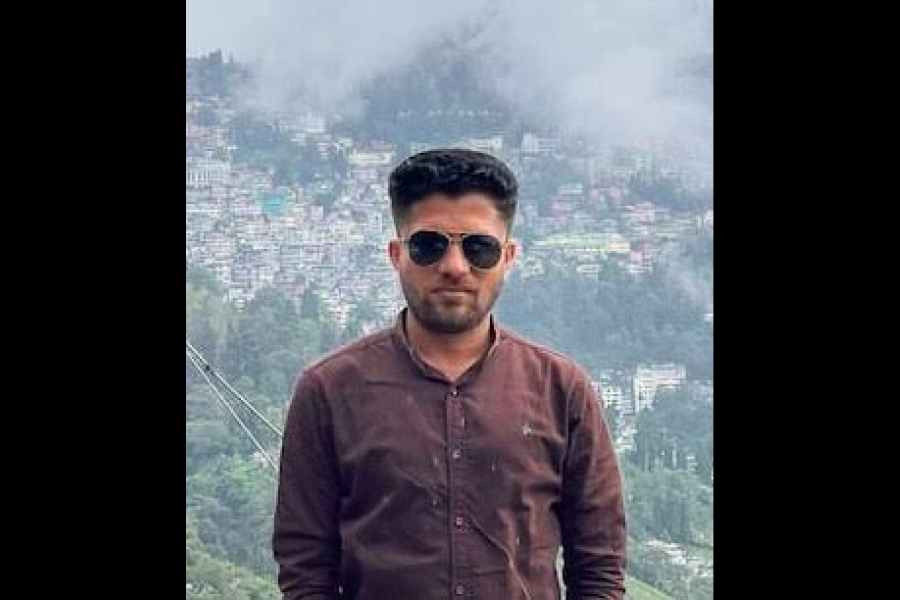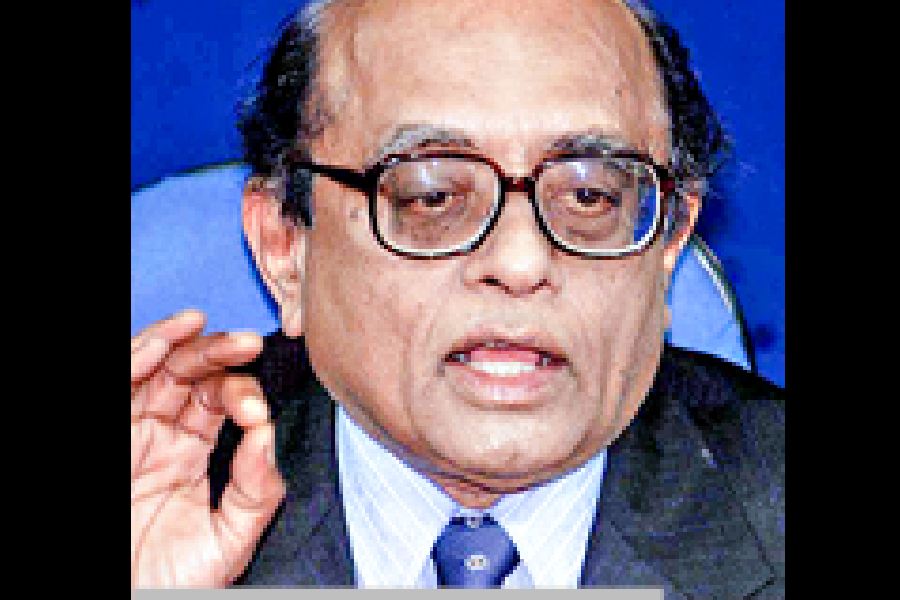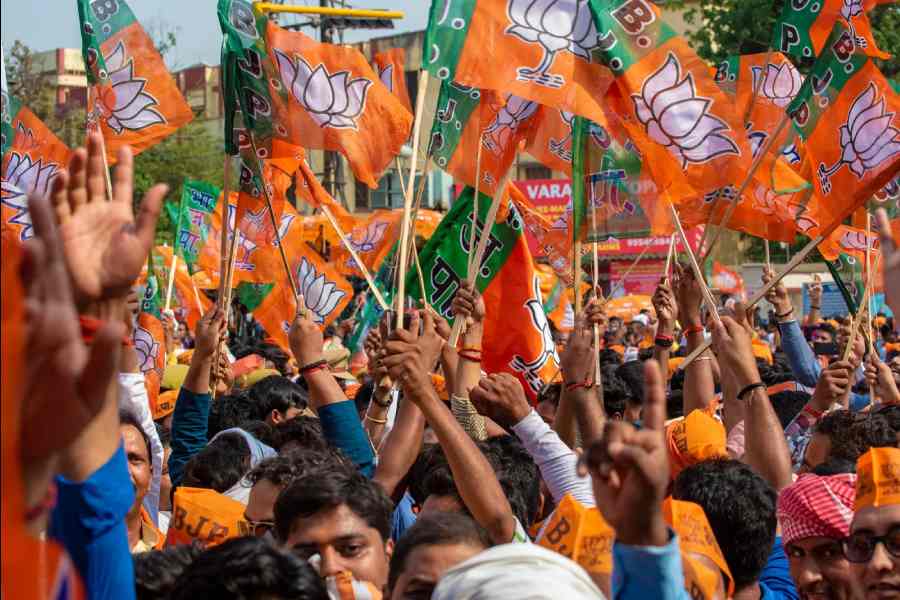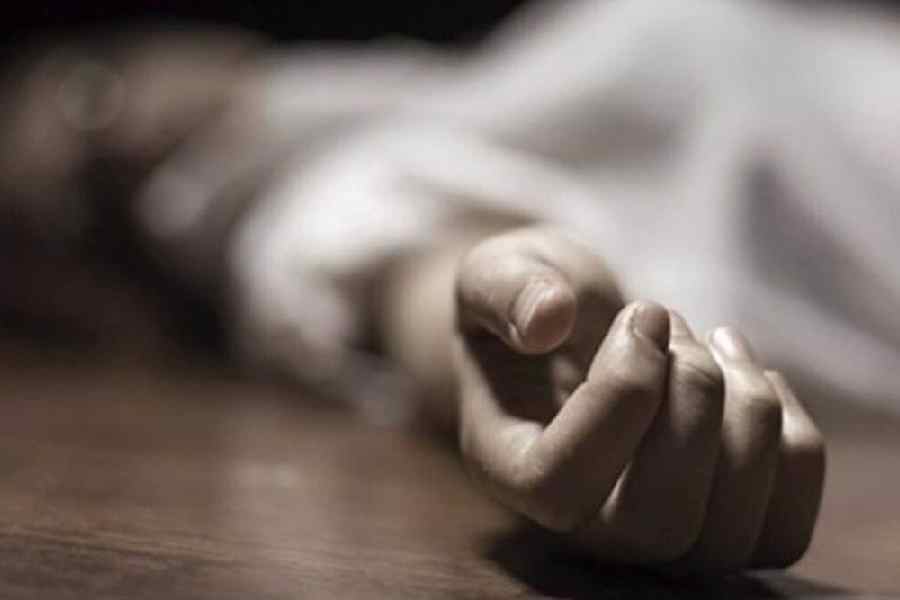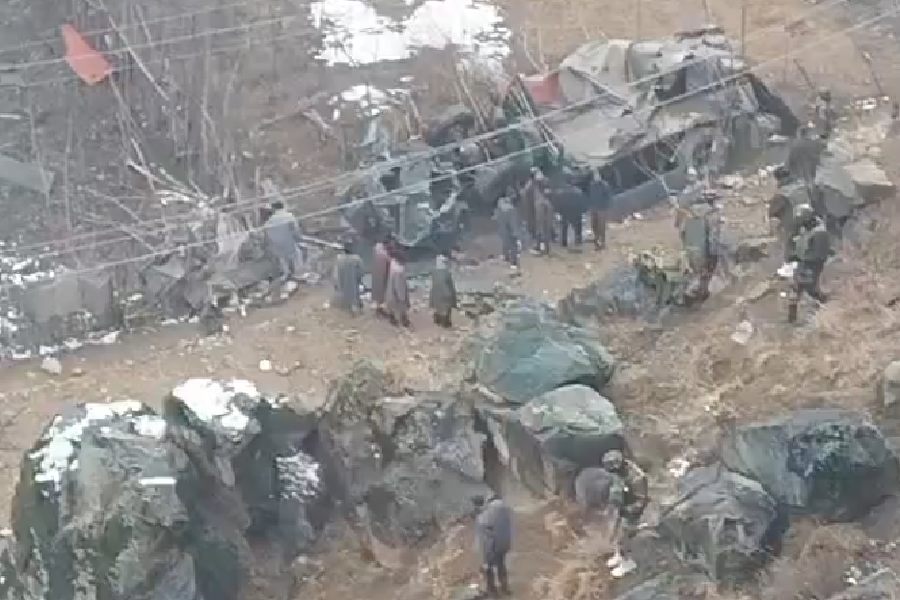"The first thing I thought was: How will our students react? How will they deal with this? How will this develop?"
Michael Barenboim, dean of the Barenboim-Said Academy, was in Vienna when Hamas attacked Israel on October 7. The following day, he returned to the music school, knowing that the unfolding events would directly affect his students — many of whom are Israeli and Palestinian.
"You could feel the tension in the air," he recalled of his first impressions upon returning to the music academy.
The fall semester was just about to begin, 10 days after the attacks. New students had already arrived for an orientation week. They would be searching for their bearings in more than one way, trying to find out what was happening at home, all while adapting to their new environment in Berlin.
Around two weeks later, on October 23, the academy's young orchestra would already give its first concert of the semester, at the Pierre Boulez concert hall.
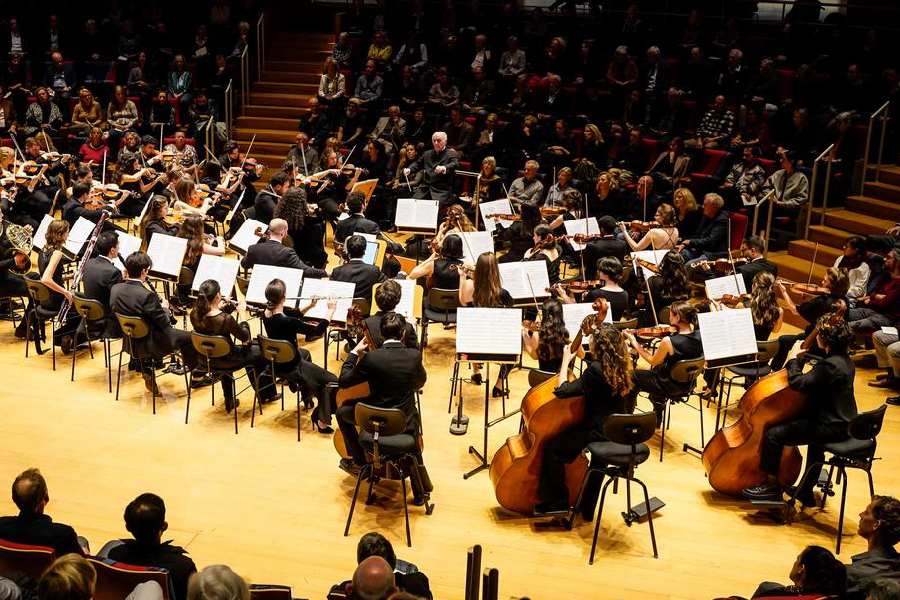
Daniel Barenboim conducted the academy's concert on October 23 Deutsche Welle
Bringing together young Arab and Israeli musicians
The Barenboim-Said Academy is unlike any other institution in the world. Opened in 2015 by Michael Barenboim's father, star conductor and pianist Daniel Barenboim, it was conceived as a continuation of the mission he had developed with the late Palestinian-American literary theorist Edward Said with their West-Eastern Divan Orchestra, which is composed of young Arab and Israeli musicians.
The music academy's curriculum also includes an important focus on studies in humanities. Along with their musical training, students get together to learn philosophy and history, inspired by Said's belief that "humanism is the only — I would go so far as saying the final — resistance we have against the inhuman practices and injustices that disfigure human history."
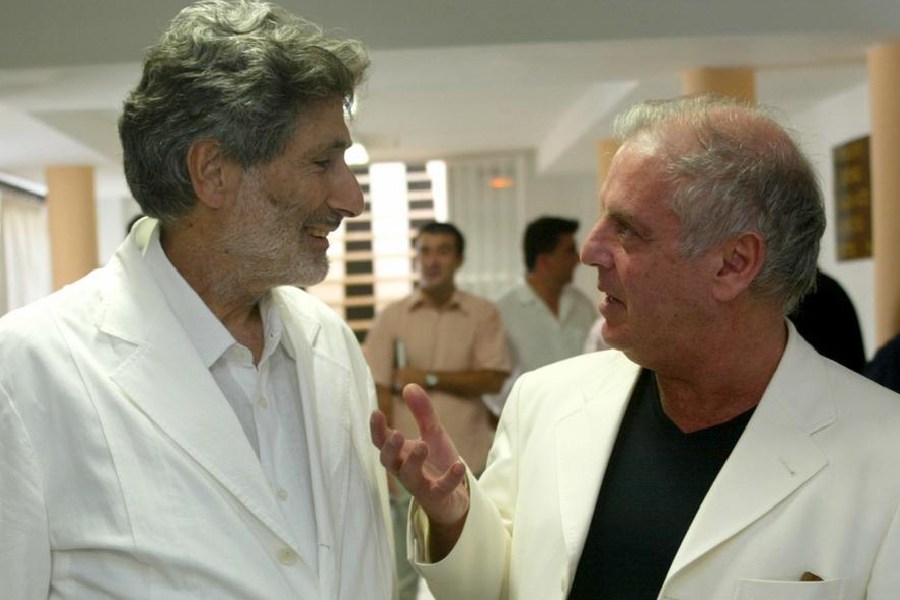
Daniel Barenboim (right) conceived of the idea of the music academy with his friend and collaborator, intellectual Edward Said (left), who died in 2003 Deutsche Welle
Today, the music academy brings together Israelis and Palestinians, as well as young musicians from Iran, Lebanon and Syria. Another 20%-25% of the 80 students are from outside the Middle East, creating a pool of young talent "from 27 nations," said academy director Regula Rapp.
Creating a safe space
As they started their new semester, the students found that they needed to go beyond the planned classes to discuss what was happening. "There are a lot of emotions. There is sadness and anger. There's a lot of fear" — fear for their family and friends, their home, for their future, explained Rapp. "It's all developing day by day."
The students quickly organized meetings so they could regularly exchange their views. The school also set up special psychological support, finding therapists offering sessions in Hebrew and Arabic.
Jewish Israeli students are concerned with growing antisemitism in Berlin, said Michael Barenboim.
At same time, the Palestinians are also facing a particular situation in Germany, where they "have the feeling that they cannot express themselves, that they cannot gather together," he added, referring to Berlin's ban on demonstrations in support of Palestinians trapped in Gaza. Authorities in the German capital fear any rallies would include antisemitic slogans and anti-Israel agitation.
That's why the academy wants to make sure that "when they come here, they can feel safe, they can express themselves confidently and freely — which is also what they are doing — and that they have a place where they can be together."
The student union and the academy's management all agreed that the school should serve as a safe space for the students, said Rapp and Barenboim. As a measure to preserve this safe space, they decided that the media should not be involved in these meetings, and that students should avoid giving interviews to the press.
Amid trauma, united by music and a vision
Among the students' interpretation of the events, Barenboim noted that Palestinian students tend to see October 7 as part of a larger historical context, whereas for the Israelis, the Hamas terrorist attacks have changed everything. This is just one example, he said, that shows how the perspectives on the same events can differ. "And yet I think we all agree that we want to stay here."
Indeed, the students have one thing that unites them: music. The pieces they are practicing offer "something they can concentrate on, something they can work on together; so I think our daily work has led to a form of cohesion," said Rapp.
They are also guided by the utopia that led to the creation of the academy.
As the students said in a statement shared in the program of their October 23 concert, which opened with a minute of silence: "It is very difficult for many of us to be playing a concert right now. But even in this darkest hour, we will still follow in the footsteps of our founders, Daniel Barenboim and Edward Said."
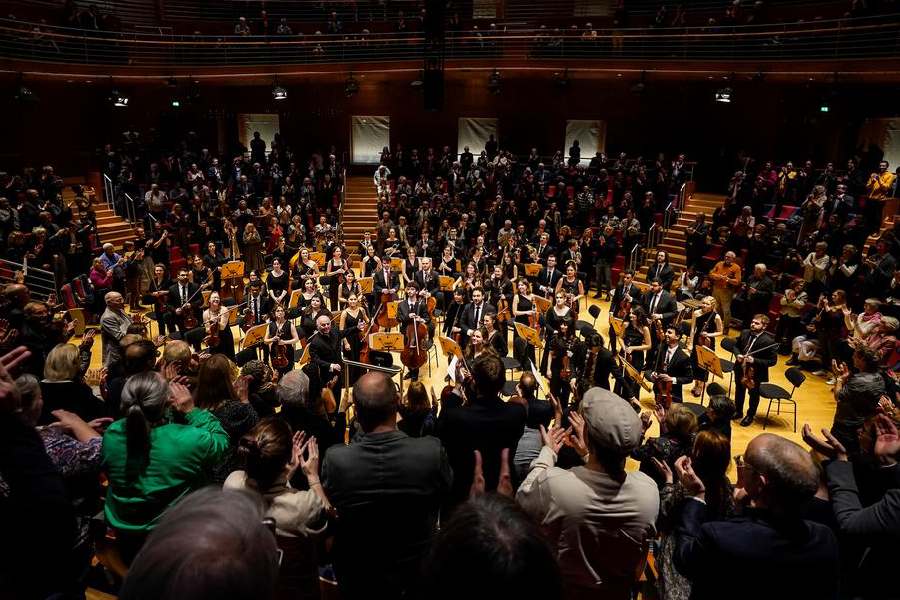
The concert on October 23 was greeted with a standing ovation Deutsche Welle
For Daniel Barenboim himself, these ideals must be pursued, now more than ever. "Our message of peace must be louder than ever. The greatest danger is that all the people who so ardently desire peace will be drowned out by extremists and violence," he wrote in a statement ahead of the concert. "Both sides must recognize their enemies as human beings and try to empathize with their point of view, their pain, and their hardship. Israelis must also accept that the occupation of Palestine is incompatible with this."
As Michael Barenboim pointed out, there are few places worldwide, but also particularly in Berlin or in Germany, where Palestinians and Israelis work so closely together as at the Barenboim-Said Academy. "Of course this concert won't bring peace, that's not what anyone thinks," he said. "But it is an alternative way to think about how people people can live together in a region, an approach that doesn't involve bombs and weapons, but rather cooperation and dialogue, and listening the each other."
After all, he concluded: "In music, listening to each other is the most important thing."

